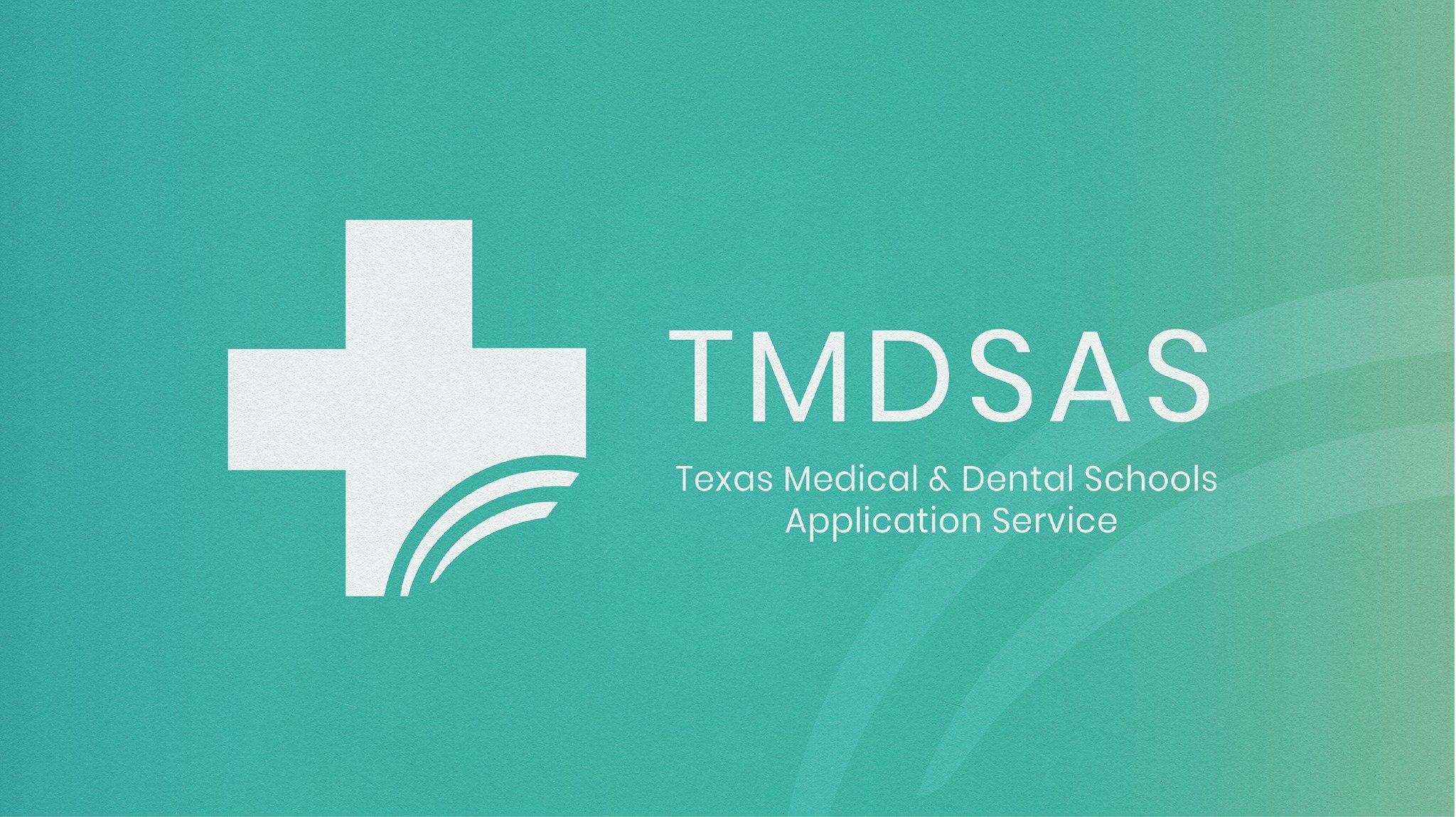By the time I apply to Medical School, ~10 years will have passed since I completed undergrad at UMD. I graduated with an engineering degree, cGPA of 3.3, but due to a mediocre performance in early science/math courses, I have around a 2.5 sGPA (didn’t realize how low it was until I calculated it...)
Assuming I perform very well (3.8+) in all my science/pre req courses (should be roughly 60 credits of science over 4 years), would that be enough, strictly from a GPS perspective, to ‘make up’ for a less than stellar performance in undergrad?
Looking for hard, honest answers. If they’re going to hold that 2.5 sGPA against me, mostly accrued during my freshman and sophomore year, I’d prefer to know now so that I don’t waste a load of money and time on a post-bacc.
Side Note: I had a discussion around this same point with the advisor/senior professor for the post-bacc I am interested in at a very reputable school, and her opinion was that my past performance in my case wouldn’t hold me back...but I’d definitely like some unbiased opinions from folks. Thank you all!
Assuming I perform very well (3.8+) in all my science/pre req courses (should be roughly 60 credits of science over 4 years), would that be enough, strictly from a GPS perspective, to ‘make up’ for a less than stellar performance in undergrad?
Looking for hard, honest answers. If they’re going to hold that 2.5 sGPA against me, mostly accrued during my freshman and sophomore year, I’d prefer to know now so that I don’t waste a load of money and time on a post-bacc.
Side Note: I had a discussion around this same point with the advisor/senior professor for the post-bacc I am interested in at a very reputable school, and her opinion was that my past performance in my case wouldn’t hold me back...but I’d definitely like some unbiased opinions from folks. Thank you all!

